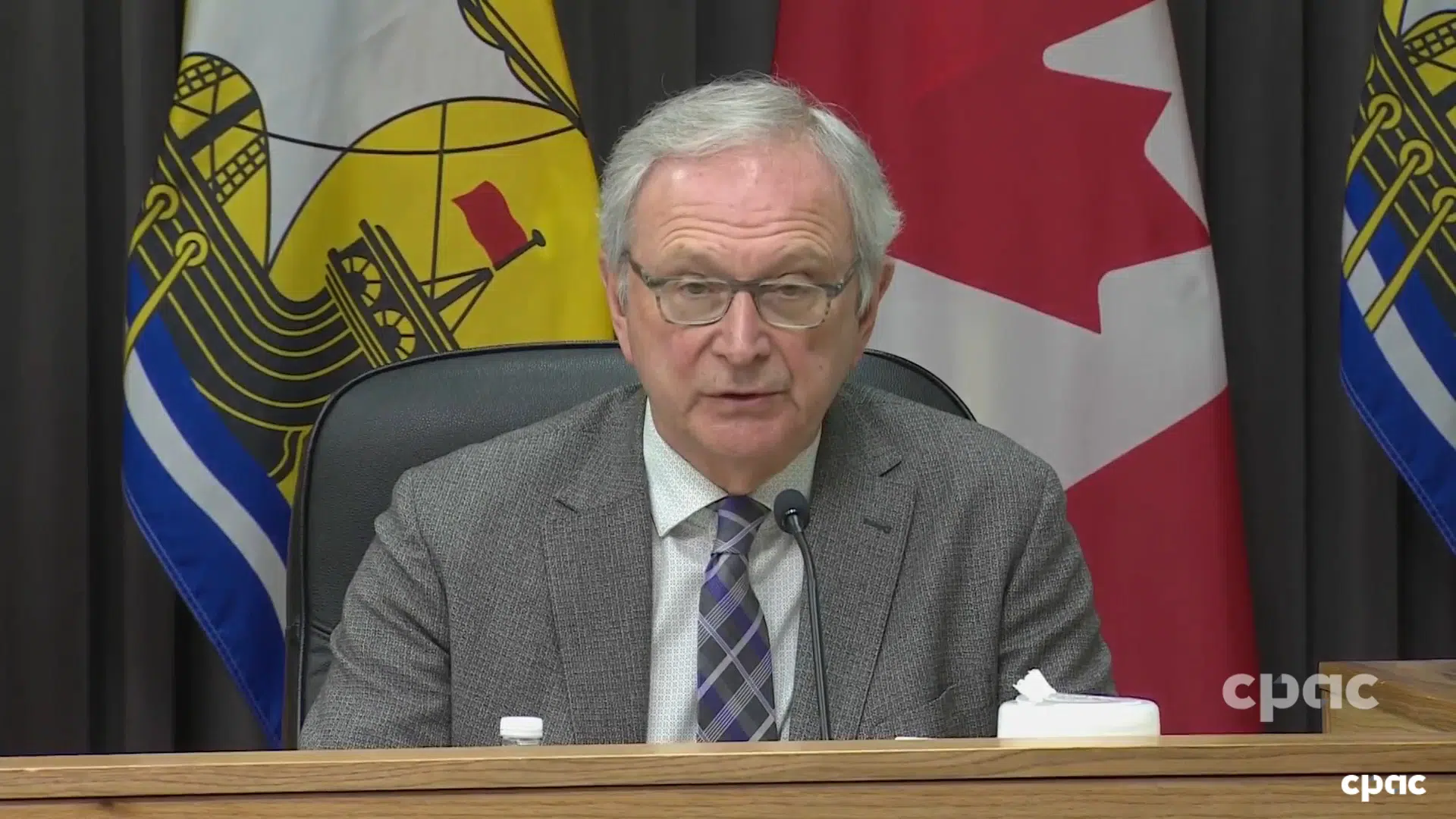New Brunswick Premier Blaine Higgs believes his government’s proposed French immersion programming provides an “equal opportunity” for anglophone students across the province.
The provincial government unveiled earlier this month a controversial plan that aims to replace immersion starting next fall. According to Education Minister Bill Hogan, anglophone students from kindergarten and Grade 5 would spend half of their day learning in French.
Once they reach middle school, students would then spend 40 per cent of their day being taught in French and 60 per cent in English.
During a year-end interview last week, Higgs said his government’s proposed model is similar to a program introduced to the Bathurst region in the late 1990s to the early 2000s, which he claims did very well and produced “excellent results.”
Higgs believes around 70 per cent of New Brunswick’s anglophone students do not have the opportunity to learn a second language, noting that streaming problems within English schools often force parents to make decisions early on.
“What we want to make as an elite program in our education system in its entirety,” said Higgs.
“We want our system to be good for all students, so that they have an equal opportunity each and every one of them.”
Higgs said his government’s proposed programming would also pave the way for students who wish to pursue higher education in French.
Since its unveiling of the program on Dec. 15, the provincial government has received significant pushback from advocates, calling on the province to save French immersion.
Chris Collins, executive director of Canadian Parents for French New Brunswick, said in October the plan to eliminate French immersion was a “bizarre” approach.
“It will be a reduced system that is going to water down the French immersion that’s available in the province and it may or may not be successful in teaching Anglophone kids how to speak French in New Brunswick,” Collins said at the time.
“It’s a shame because we know that French immersion is the gold standard for teaching Anglophones how to speak French across Canada.”
Meanwhile, Higgs said his government consulted with educators over the last few years and noted that teachers within anglophone schools will have more chances to raise their concerns during public consultations in January.
“We’ve heard enough from our teachers about the difficulties in the English classrooms and that there needs to be some significant changes made,” he said, noting that a lot of schools don’t offer a French immersion program.
“So that could be changes that teachers want to [bring forward] if they haven’t already done that. This is the opportunity for them to do so.”
With files from Brad Perry and Allan Dearing.






Comments